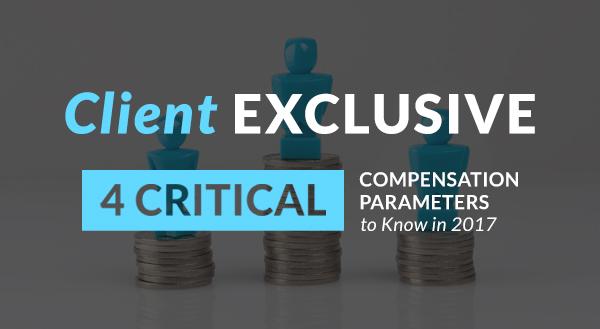Maintain an Independent Compensation Committee on the Board
Running a large non-profit is complex. Due to that complexity, The Batten Group, believes you have to pay fair market value in order to get the best talent to spend their time pursuing such significant work. That said, compensation can be a touchy subject and the IRS requires that compensation of the top executives be disclosed on the 990 forms. It is then critical for the non-profit Board of Directors to have an independent Compensation Committee available to make important decisions on hiring and raises for the key leadership.
Review compensation at Similar Organizations
This isn’t merely a suggestion, the IRS requests that charities establish “reasonable” compensation through review of compensation practices at charities that are similar in total expenses, mission, and location. Does your Board have a list of similar organizations today?
Document the Process for Compensation Decisions
Governance is a tricky area for many non-profits. After all, we got into this in order to serve our constituents and solve real problems in healthcare, research, education, social progress, and more. We serve people not paper! That said, nothing is more demotivating than having ambiguity in compensation. It is important that non-profits document each and every compensation decision.
Financial Considerations
According to Charity Navigator’s latest Charity CEO Compensation Study, the top leaders of the near 4,500 charities they researched earned a median salary in the low to mid six figures. That sounds pretty good, but not ever non-profit executive can clear that 6-figure mark simply because many others have. It is important that when interviewing, hiring, promoting, or having career counseling meetings with your top leaders and your next generation leaders that you put into context the overall budget of the organization. Organizations annual expenses and CEO salaries are closely correlated with a predictably positive relationship.






